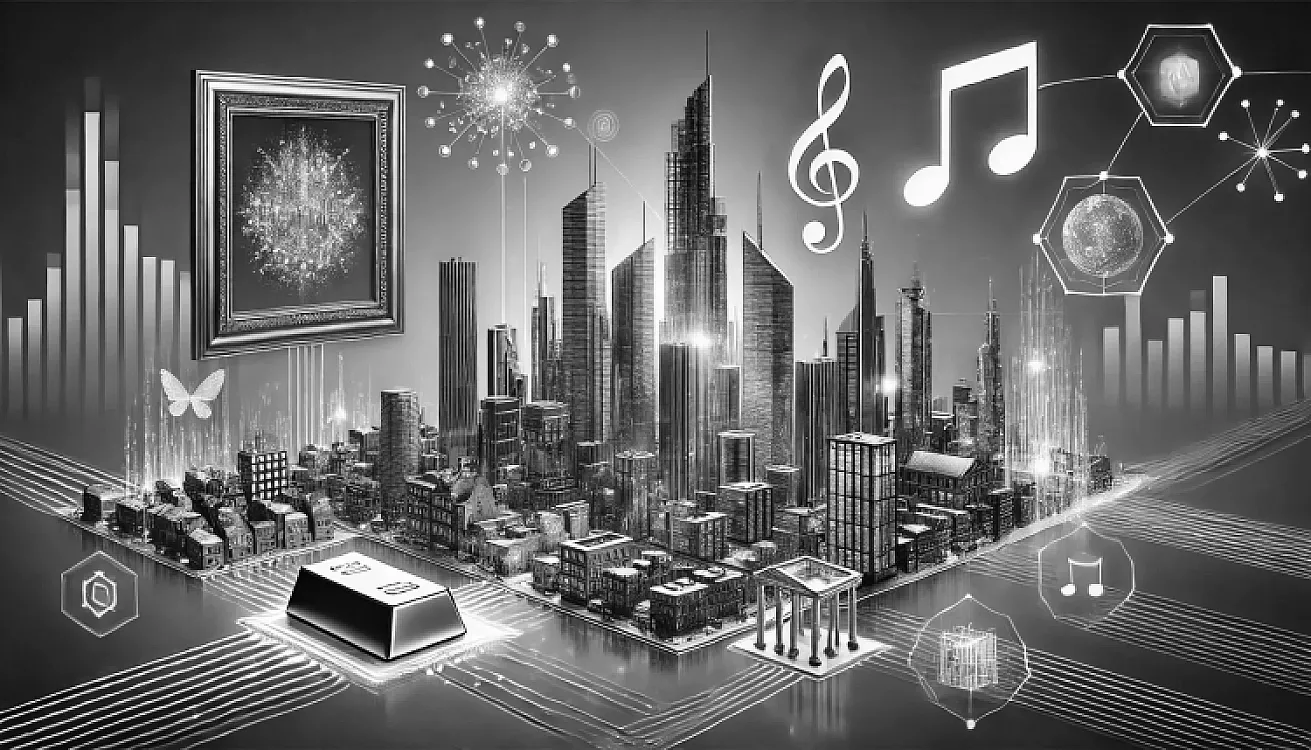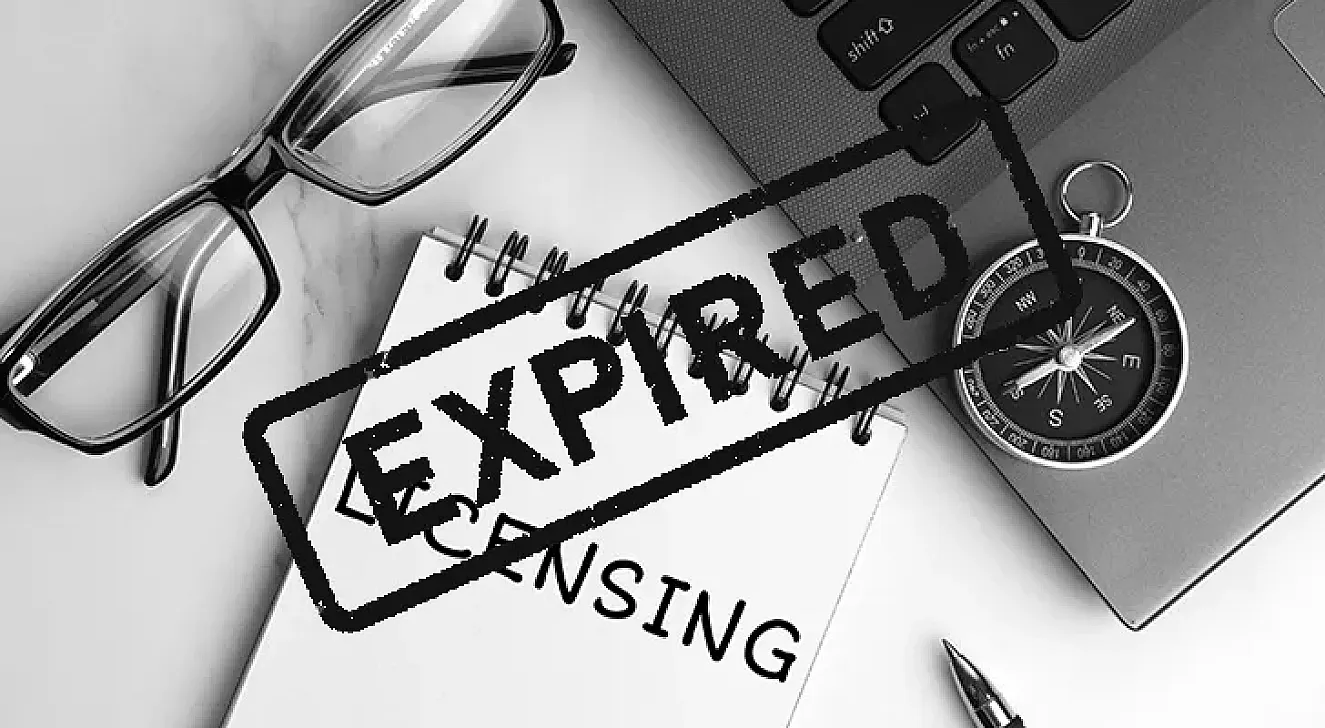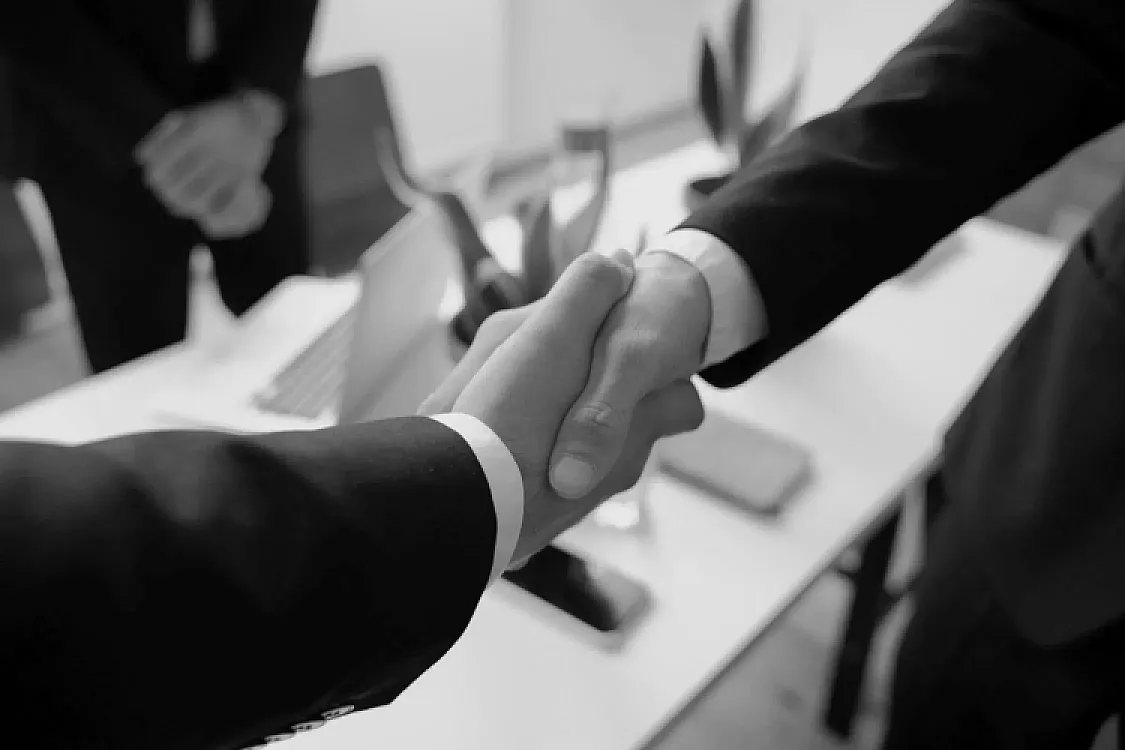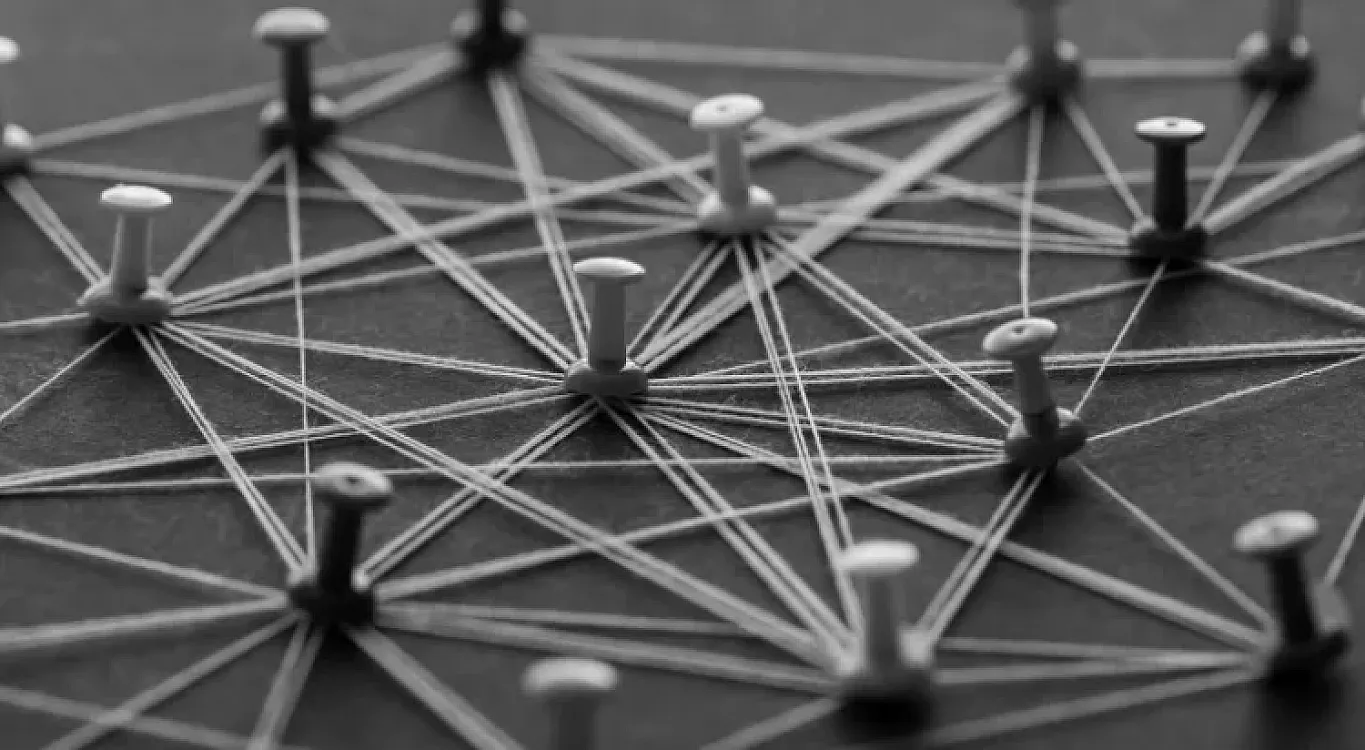Discover how real-world assets like real estate, art, and commodities are being tokenized and traded on the blockchain. Explore the benefits and challenges.

What if you could own a fraction of a luxury apartment in Paris or a masterpiece by Picasso, all with the click of a button? Thanks to blockchain technology and decentralized finance (DeFi), this idea is no longer a futuristic dream. Real-world assets (RWAs) are bridging the gap between physical and digital economies, transforming how we think about ownership, investment, and financial inclusion.
Real-world assets represent the tangible value of items like real estate, commodities, art, and intellectual property. When these assets are tokenized on a blockchain, they open up new possibilities for global participation in markets once limited to the wealthy or well-connected.
What Are Real-World Assets?
What is RWA in crypto? Real-world assets are tangible or intangible items with intrinsic value in the traditional economy. These can include real estate, precious metals, artwork, music royalties, and even intellectual property rights. Through RWA tokenization, these assets are digitally represented on blockchain platforms, enabling easier trading and global accessibility.
What Is Tokenization and How Does It Work? Tokenization is the process of creating digital tokens that represent real-world assets. For example, a commercial building worth $2 million can be divided into 20,000 tokens, each worth $100, allowing multiple investors to participate in ownership. These tokens can be traded on blockchain networks, providing a secure and transparent system for investment.
Why Real-World Assets Are Gaining Momentum
Fractional Ownership for All
Imagine being able to invest in high-value assets like skyscrapers, luxury cars, or famous artworks without needing millions of dollars. Tokenization democratizes ownership, allowing individuals to buy fractions of these assets. This lowers the financial barriers and enables more people to diversify their investment portfolios.
Enhanced Liquidity
RWAs can be traded 24/7 on blockchain platforms, unlike traditional markets that operate within fixed hours. This increased liquidity is particularly attractive for assets like real estate and fine art, which are typically difficult to sell quickly.
Transparency and Security
Blockchain technology ensures that all transactions are recorded on an immutable ledger. This transparency reduces the risk of fraud and enables investors to verify the authenticity and ownership of assets instantly.
Global Accessibility
RWAs eliminate geographical and economic barriers, allowing investors from around the world to participate. Whether you're a retail investor in Asia or a fund manager in Europe, tokenized RWAs provide an inclusive platform for global investment.
Cost Efficiency
By removing intermediaries like brokers and lawyers, the tokenization process reduces transaction costs. Smart contracts handle agreements automatically, saving time and money for both buyers and sellers.
For a closer look at how RWAs impact the real estate sector, check out our page on AML compliance for real estate agents.
Real-World Examples of Tokenized Assets
Real Estate
Companies like RealT and Harbor are transforming property investments by enabling fractional ownership. For instance, a $500,000 property can be divided into thousands of tokens, allowing anyone to invest in real estate without buying an entire property.
Commodities
Gold-backed tokens such as Paxos Gold (PAXG) allow investors to trade digital representations of physical gold. These tokens combine the stability of precious metals with the convenience of cryptocurrency trading.
Art and Collectibles
Platforms like Maecenas tokenize art pieces, enabling art lovers to own a share of masterpieces. Imagine owning a fraction of a Van Gogh painting while benefiting from its appreciation in value.
Intellectual Property
Musicians and creators can tokenize royalties, offering fans the opportunity to invest in their future earnings. Companies like Royal are paving the way for artists to monetize their work while sharing profits with their supporters.
Challenges in Bringing RWAs to the Digital Economy
Regulatory Uncertainty
Governments are still grappling with the concept of tokenized assets. Varying regulations across jurisdictions make compliance a challenge. Partnering with an anti-money laundering compliance company can help navigate these complexities.
Valuation and Pricing
Determining the value of unique assets like art or intellectual property can be subjective. Standardized methods for valuation are essential to ensure fair pricing.
Security Risks
While blockchain offers robust security, the platforms hosting tokenized assets are vulnerable to hacking. Strengthening cybersecurity measures is critical to protect investor funds.
Legal Ownership
Owning a tokenized share of an asset raises questions about legal rights. Does it grant actual ownership, or is it purely financial exposure? Clear legal frameworks are needed to address these concerns.
Market Adoption
Despite their advantages, RWAs are still in their infancy. Educating investors and raising awareness will be vital to driving widespread adoption.
The Future of Real-World Assets in Crypto
Emerging Trends
- DeFi Integration: RWAs are increasingly being used in DeFi platforms for lending, borrowing, and staking.
- NFTs and Smart Contracts: Combining RWAs with NFTs enhances tracking and ownership, particularly for unique assets like art.
- Global Investment Platforms: New platforms are emerging to make RWA tokenization more accessible, expanding opportunities for investors worldwide.
Bridging Traditional Finance and Blockchain
RWAs are paving the way for a seamless integration of traditional finance with blockchain technology. Financial institutions are beginning to explore tokenization, signaling growing trust and interest in this model. As regulations evolve and technology improves, the adoption of RWAs will accelerate, revolutionizing global markets.
Final Thoughts
Real-world assets are not just a buzzword—they represent a fundamental shift in how we perceive ownership and investment. By combining the security of blockchain with the tangible value of physical assets, RWAs offer unparalleled opportunities for diversification, liquidity, and inclusion.
Whether you’re an investor seeking new opportunities or a business exploring innovative funding models, the tokenization of RWAs has something to offer. Learn more about this exciting transformation by visiting our resources on AML compliance for real estate agents or contacting an anti-money laundering compliance company for expert guidance.
Disclaimer: The views and opinions expressed in articles published on this website are solely those of the respective authors and do not necessarily reflect the views of the company or its affiliates. The content is for informational purposes only and should not be considered financial, legal, or investment advice. The whole or part of this content may have been generated, edited, or rewritten using language models.
By Haik Kazarian




